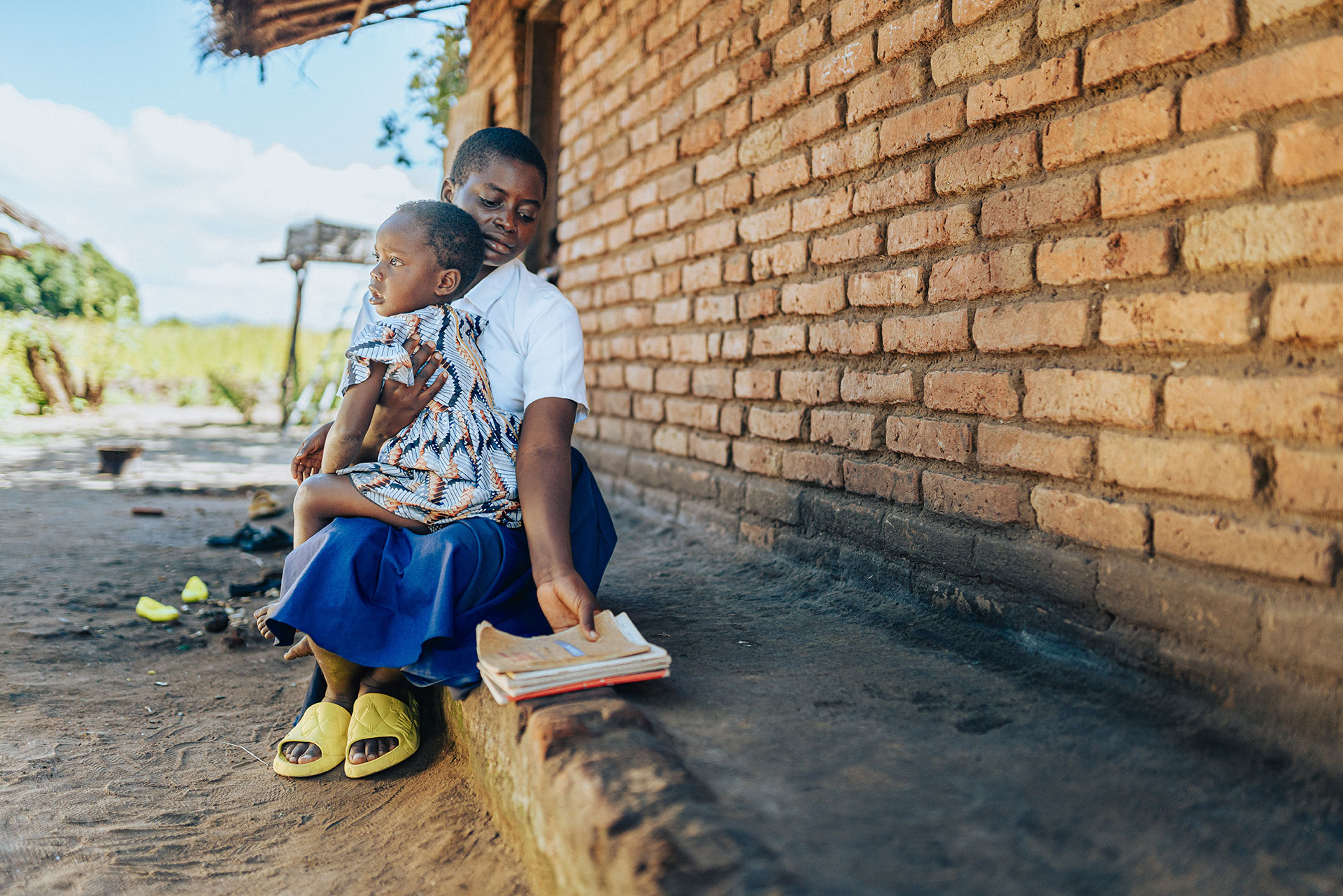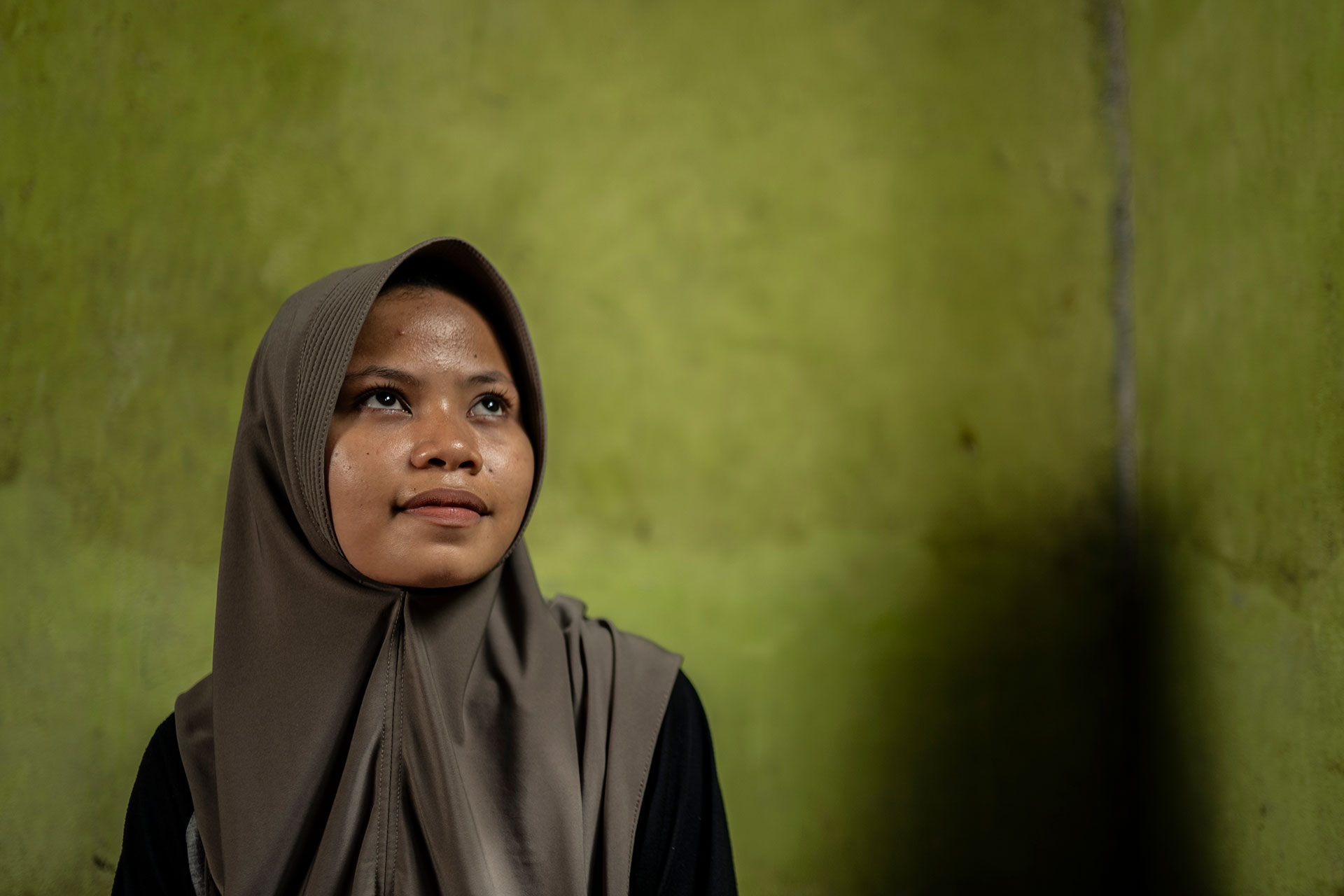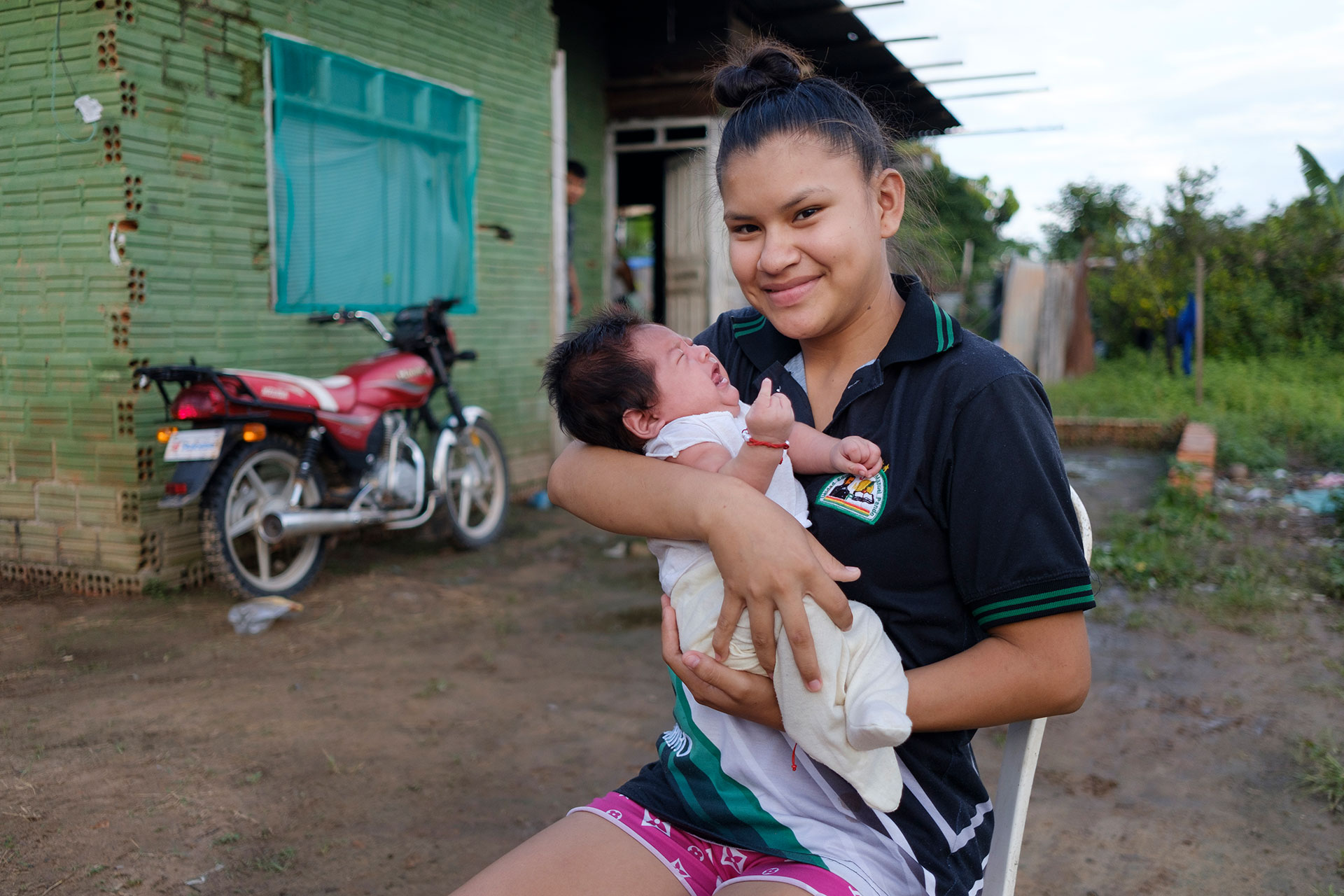‘I just had to pull myself together’
Photography by Ipas Nigeria
Susan was a teenager attending school with dreams of becoming a nurse. She had a boyfriend, and they had sex just once, she says. Then she discovered she was pregnant.
The stigma she faced was intense and painful. She dropped out of school, gave birth to a daughter, and has been taking care of her since.
Susan’s story is incredibly common in Nigeria, where one in five teenage girls aged 15-19 are already mothers or pregnant with their first child. Girls who live in rural places or lack education are at much higher risk for early pregnancy.
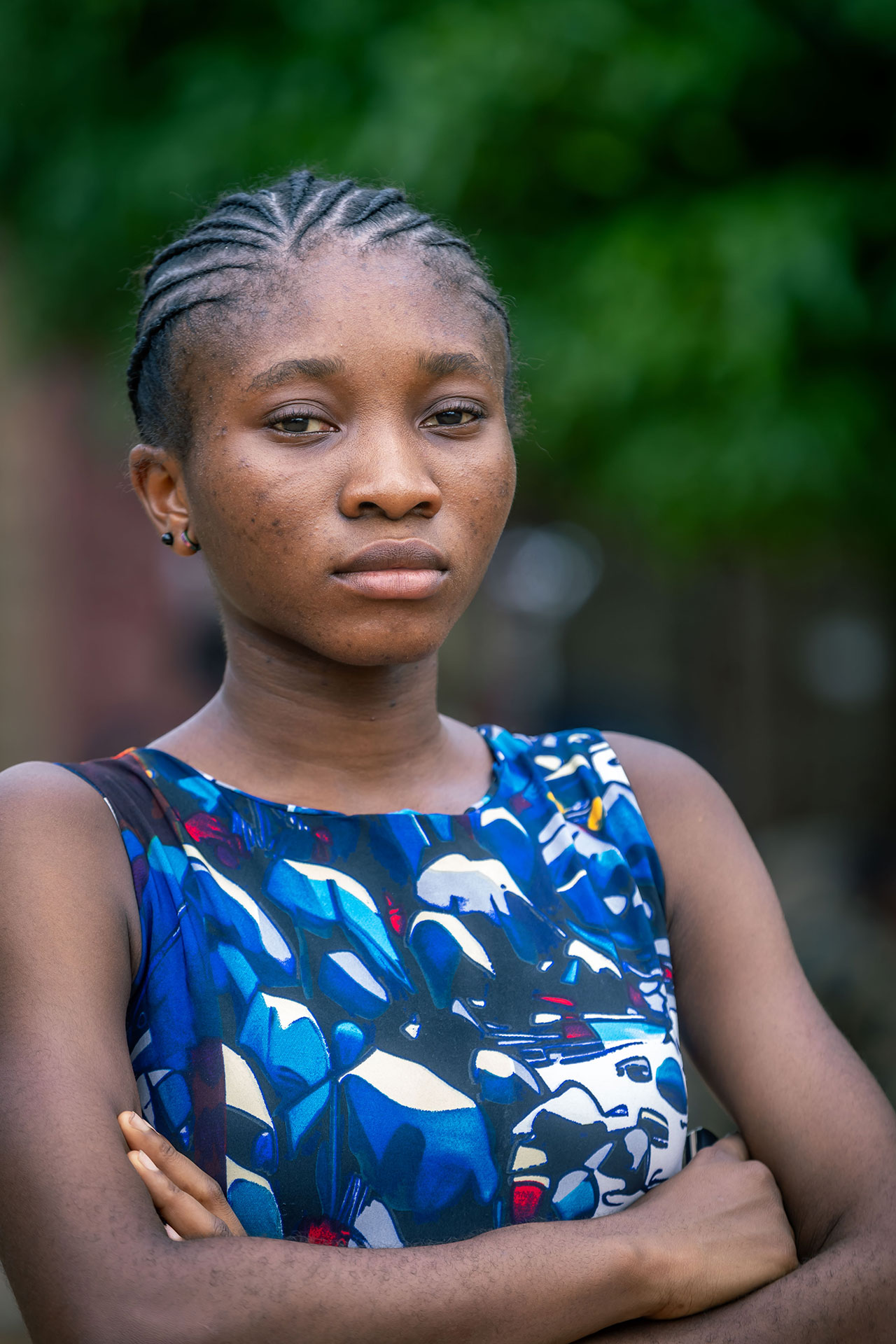
“I was depressed. I almost considered suicide, actually, because my friends, my family, they were against me,” Susan says.
The stigma around teenage pregnancy causes entire families to suffer. After initially being angry and harsh with her daughter, Susan’s mother finally decided to support Susan during her pregnancy and afterward.
“I just had to pull myself together because my mum was there for me,” Susan says.
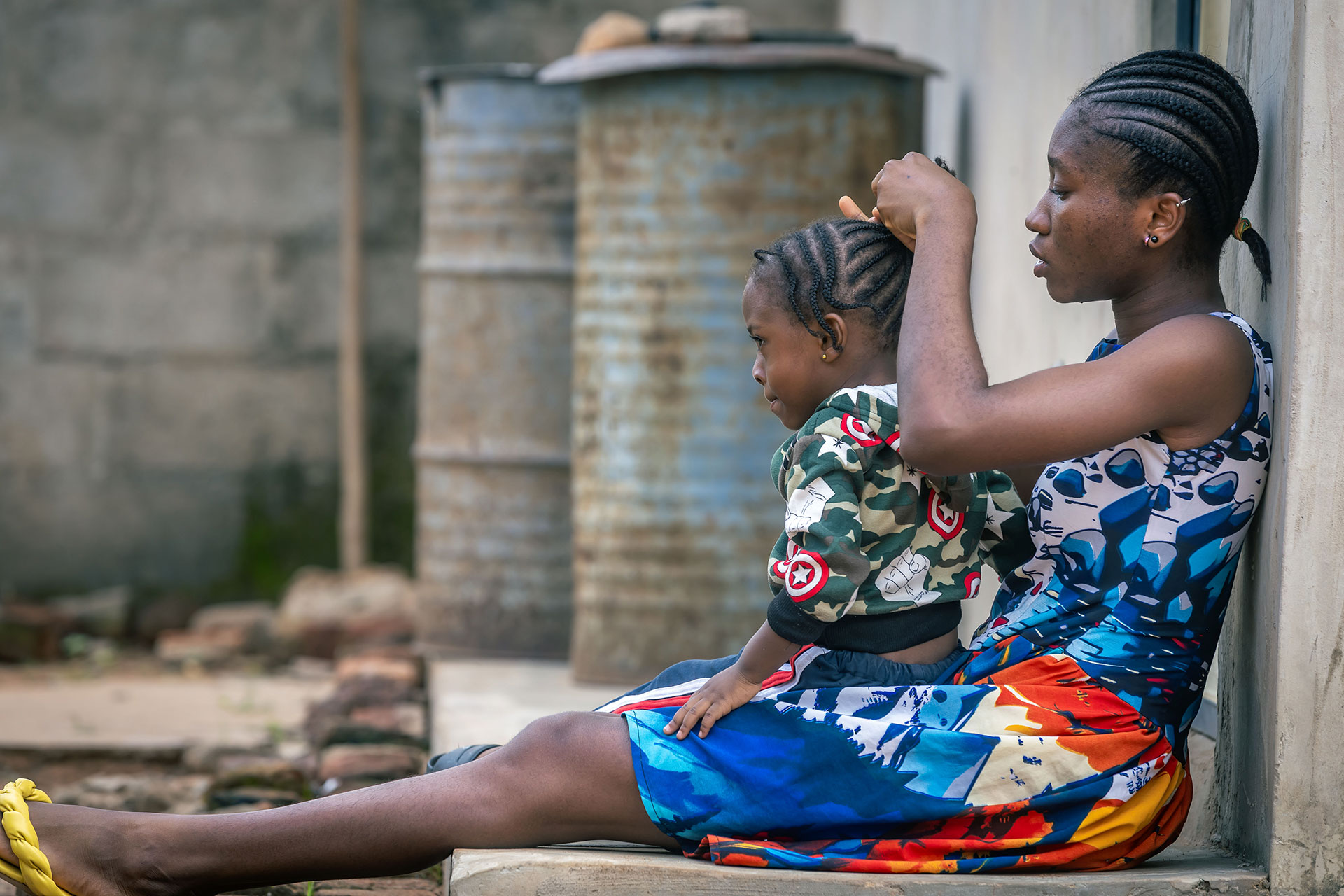
Girls like Susan all over Nigeria are in need of accurate information on sexual and reproductive health so they can prevent unwanted pregnancy and stay in school. And whether they’re pregnant or not, they need respectful reproductive health care from well-trained providers.
Ipas is working to make both these needs a reality. Alongside local partners, Ipas is training peer educators to conduct community information sessions with girls and young women. We also train health workers to provide high-quality care for teenage girls dealing with highly stigmatized experiences like sexual violence, unplanned pregnancy or seeking an abortion.
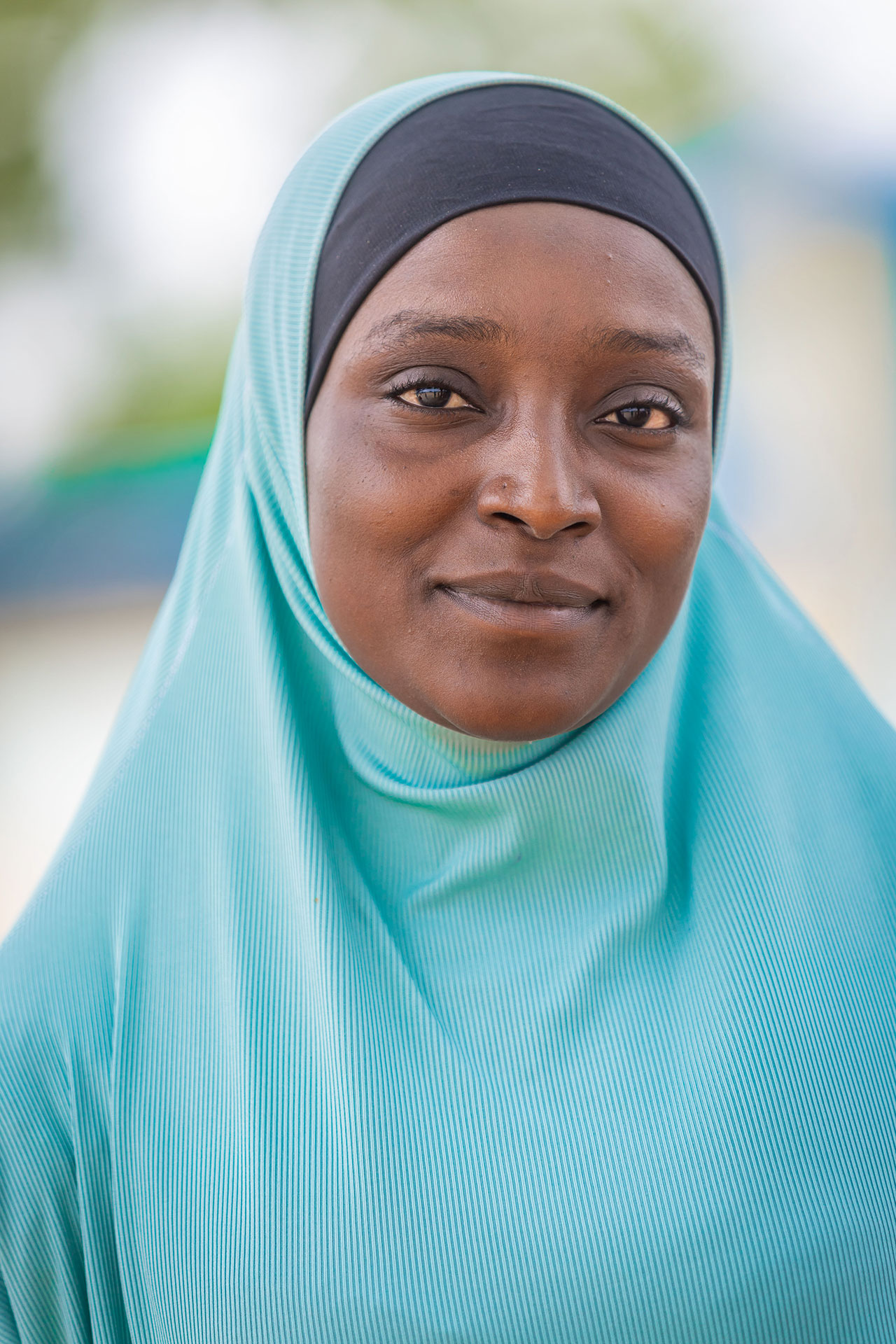
“Young girls need to know their health status and how to protect themselves,” says Amina Muhammed, an Ipas-trained peer educator (pictured here). “For example, if anyone has been raped, they should go to the hospital immediately and not keep it to themselves.”
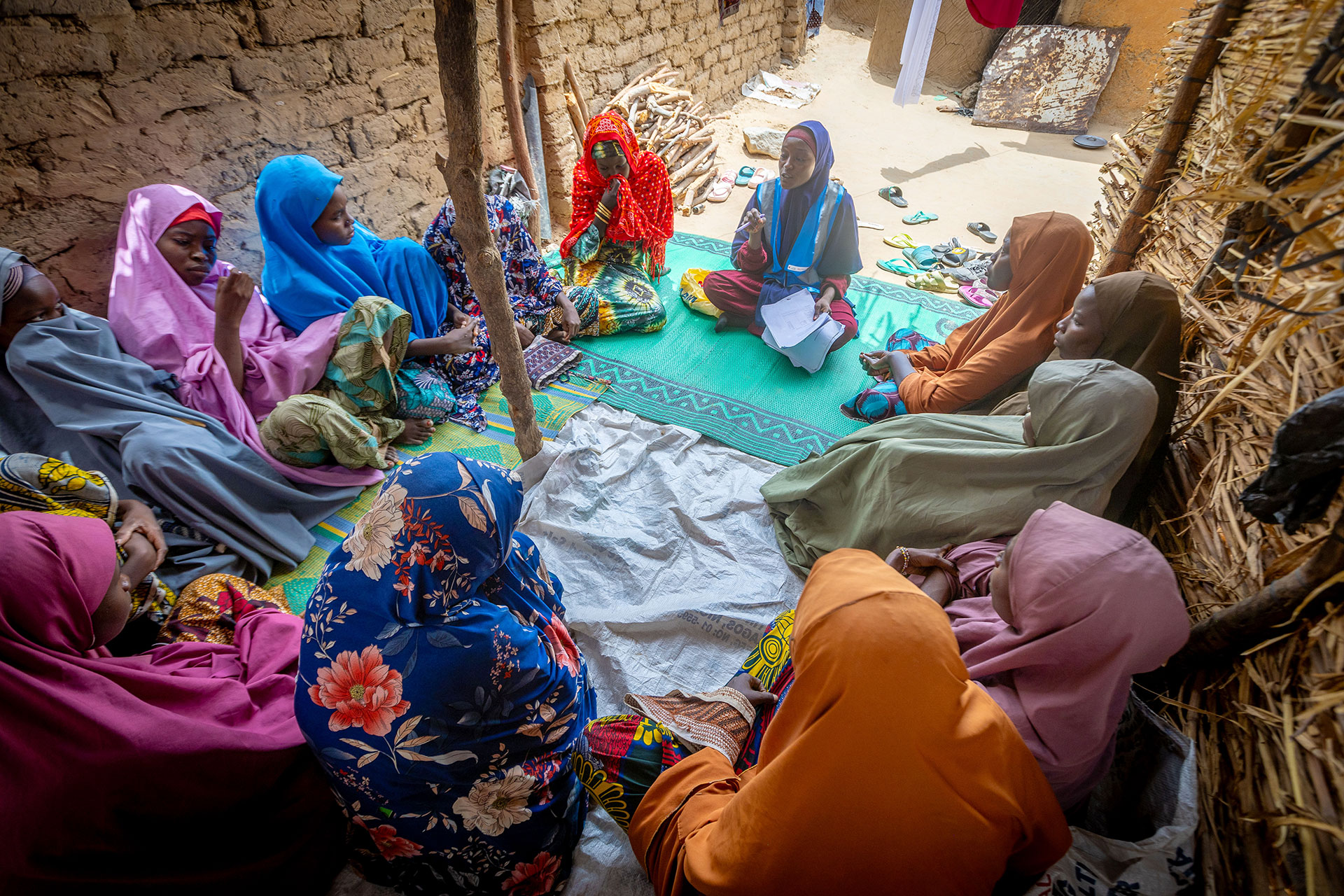
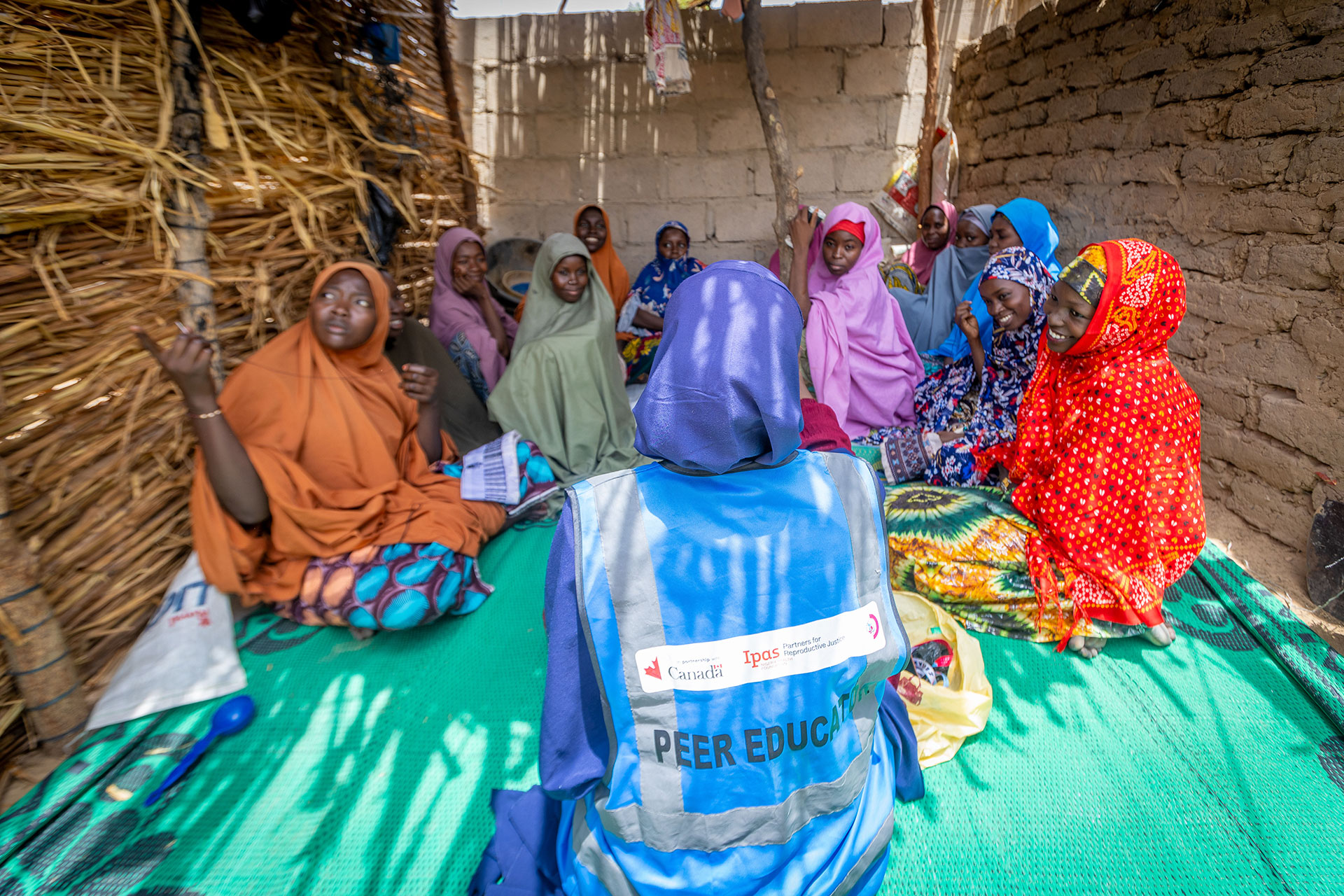
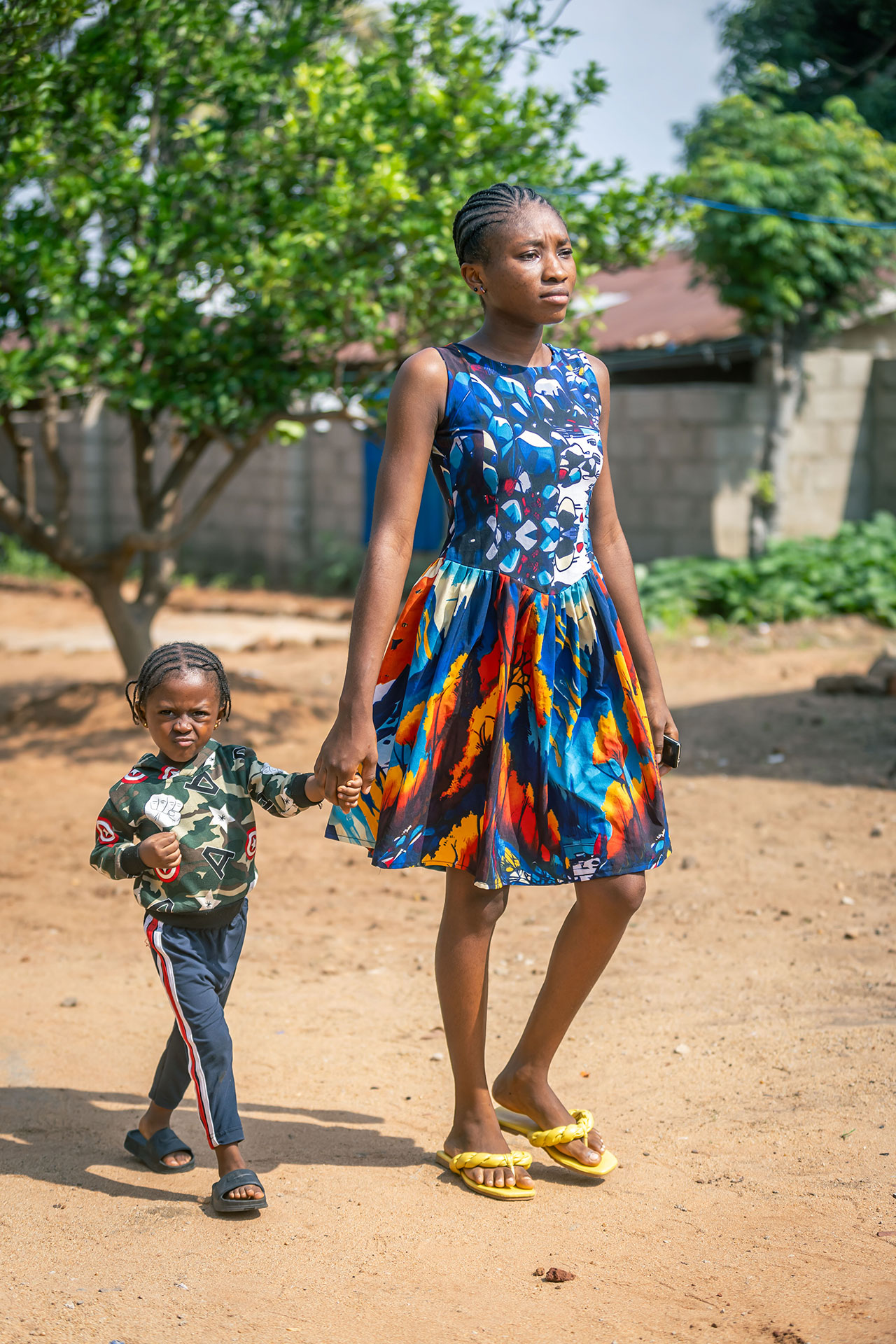
Susan keeps going, one foot in front of the other, with no clear destination just yet. She’s raising her daughter with her mother’s help and dreams of returning to school and getting a good job one day.
“I want to go back to school. I want to become a nurse.”
We have a job to do. Will you join us?
Young people and their local communities already know what’s needed to fight the injustices of child marriage, teenage pregnancy and school dropout. With our holistic approach and vast network of local partners and experts, Ipas is uniquely positioned to help make lasting, systemic change.
With your support, we’ll build a world where every girl can control her own body and future.


